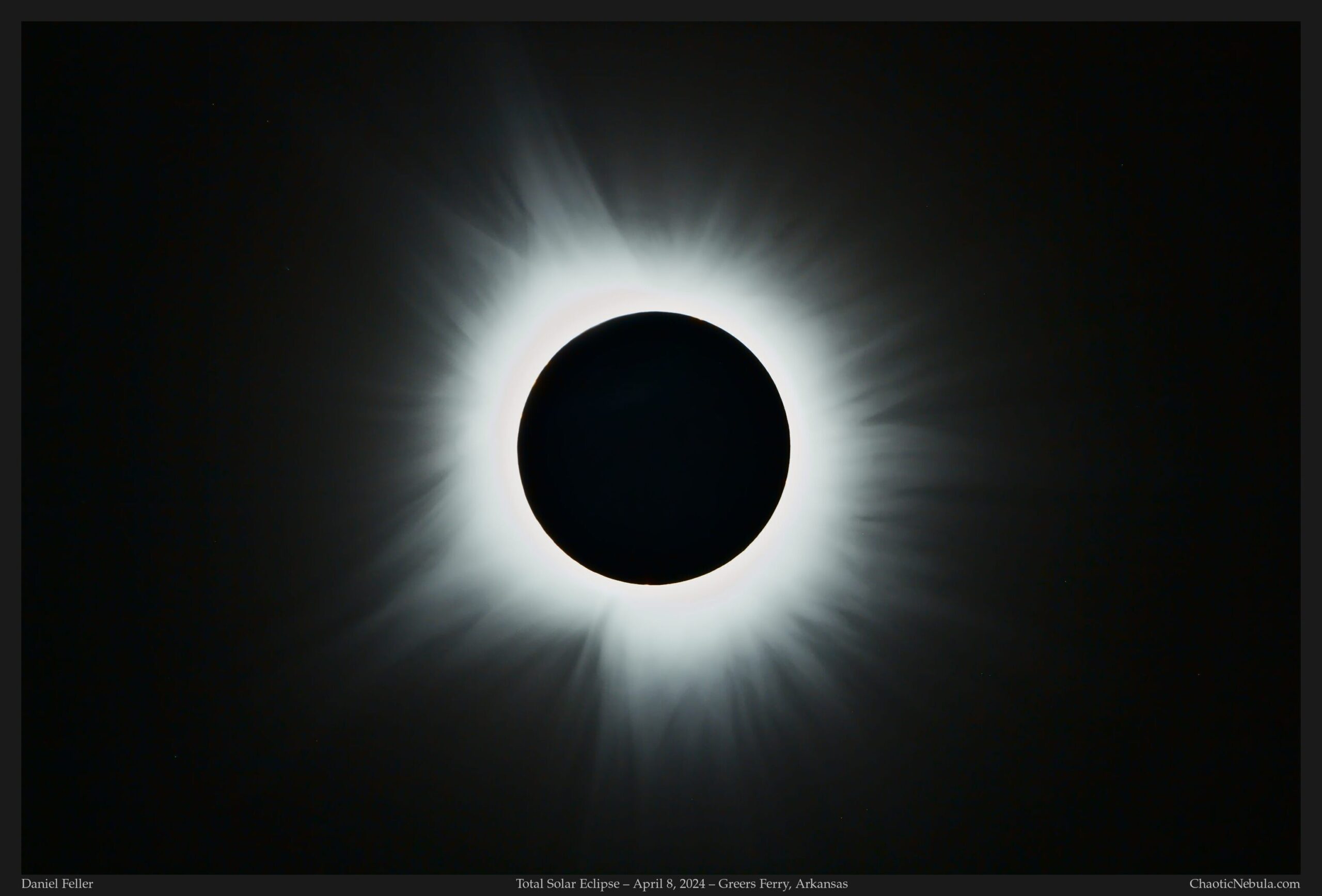Using fossil fuels wisely and avoiding waste.
Most of the fresh water on earth is _____.
What is frozen?
Troposphere, Stratosphere, Mesosphere, Thermosphere
What are layers of the atmosphere?
This process is most likely responsible for the formation of layers in sedimentary rocks.
What is deposition?

What is a full moon?
The planet closes to the sun.
What is mercury?
Using this resource would improve air quality the most.
What is wind energy?
This causes water to evaporate and change to water vapor.
What is heating?
This layer of the atmosphere produces weather.
What is the troposphere?
Rocks turn into this when they melt.
What is magma?

This planet is the hottest planet in our solar system.
What is Venus?
Burning fossil fuels adds this to the atmosphere.
What are greenhouse gases?
This ocean floor feature is "v" shaped and the deepest feature.
What is an ocean trench?
When the rays from the sun warm the earth.
What is radiation?
This layer of the Earth has the greatest temperature and pressure.
What is the inner core?
The major cause of seasonal changes.
What are changes in the tilt of the Earth's axis?
This planet is 1AU from the sun.
A renewable resource obtained from water.
What is hydropower?
This ocean floor feature is where we find new crust being formed.
What is a rift valley?
What is the Coriolis Effect?
What is weathering?
The number of days it takes for the Earth to make one complete revolution.
What is 365 days?
This planet is home to 83 moons.
What is Saturn?
This nonrenewable resource is made from decaying prehistoric animals and plants.
What is oil?
The lowest point of a wave.
What is trough?
What is warm, humid air?
This property of a mineral can be determined just by looking at it.
What is luster/color?
This happens when the full moon goes dark at night.
What is a lunar eclipse?
This planet has the same mineral on its surface that we have in our local soil.
What is Mars?